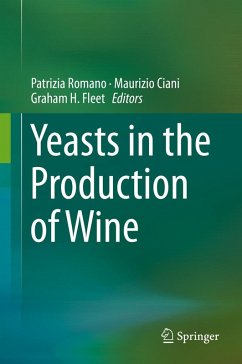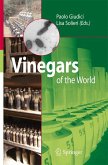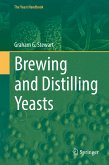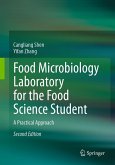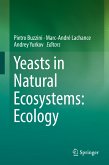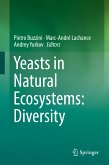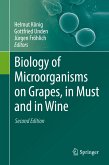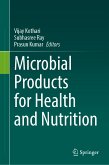It is well established that certain strains of yeasts are suitable for transforming grape sugars into alcohol, while other yeast strains are not suitable for grape fermentations. Recent progress has clearly demonstrated that the sensory profile of a wine is characteristic of each vine cultivated, and the quality and technological characteristics of the final product varies considerably due to the strains which have performed and/or dominated the fermentation process. Because of their technological properties, wine yeast strains differ significantly in their fermentation performance and in their contribution to the final bouquet and quality of wine, such as useful enzymatic activities and production of secondary compounds related both to wine organoleptic quality and human health. The wine industry is greatly interested in wine yeast strains with a range of specialized properties, but as the expression of these properties differs with the type and style of wine to be made, the actual trend is in the use of selected strains, which are more appropriate to optimize grape quality. Additionally, wine quality can be influenced by the potential growth and activity of undesirable yeast species, considered spoilage yeasts, which cause sluggish and stuck fermentation and detrimental taste and aroma in the wine.
Dieser Download kann aus rechtlichen Gründen nur mit Rechnungsadresse in A, B, BG, CY, CZ, D, DK, EW, E, FIN, F, GR, HR, H, IRL, I, LT, L, LR, M, NL, PL, P, R, S, SLO, SK ausgeliefert werden.

